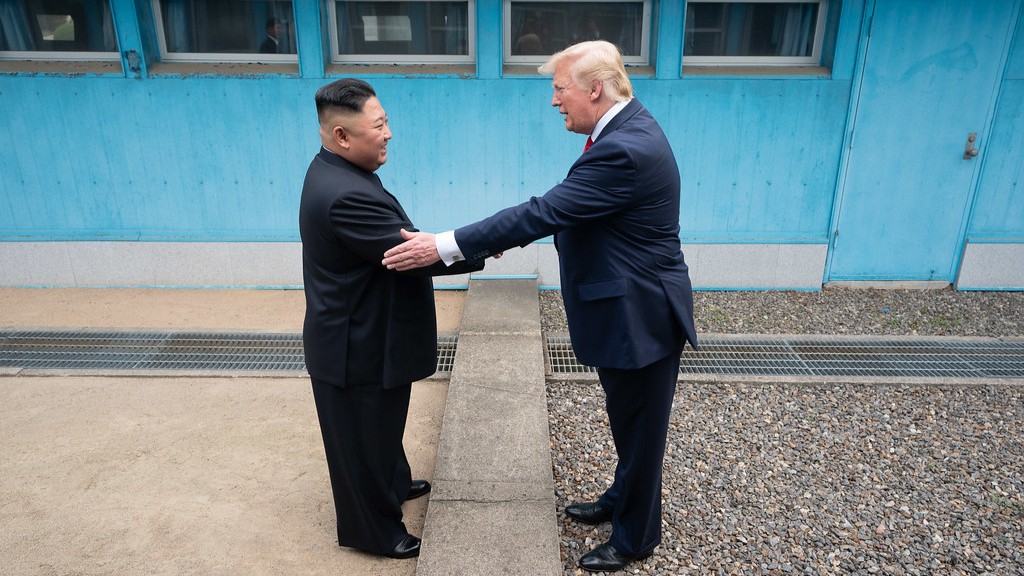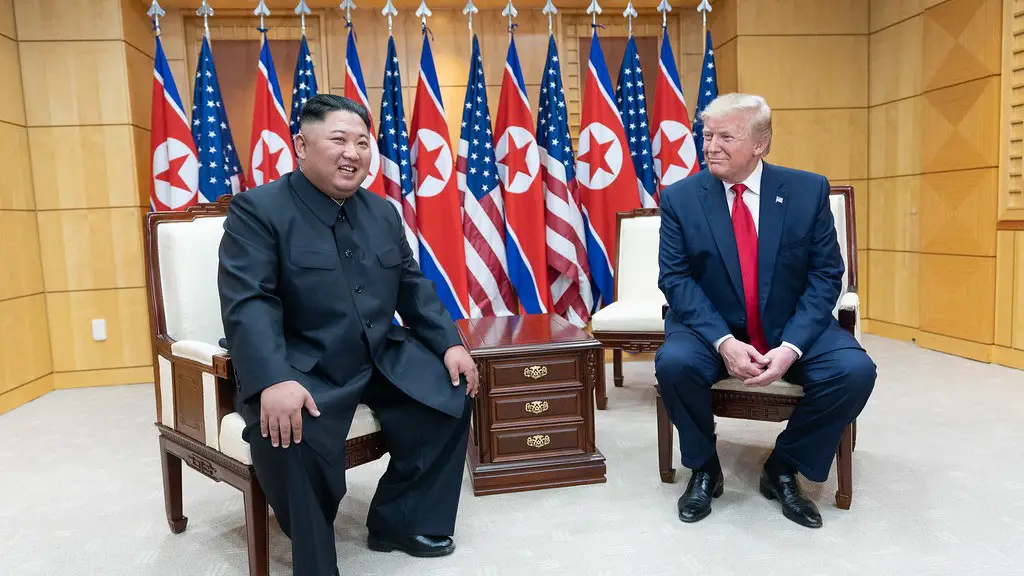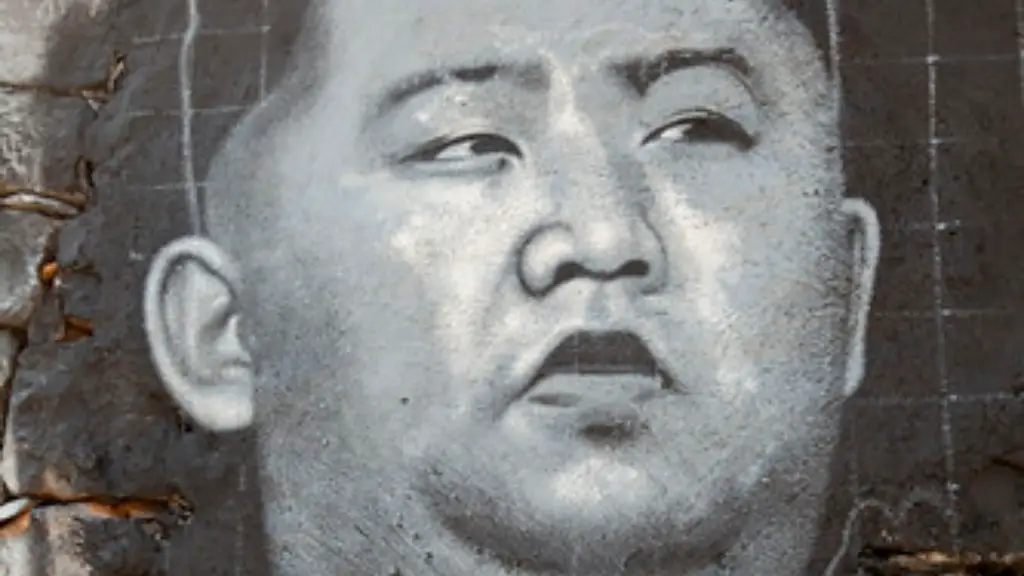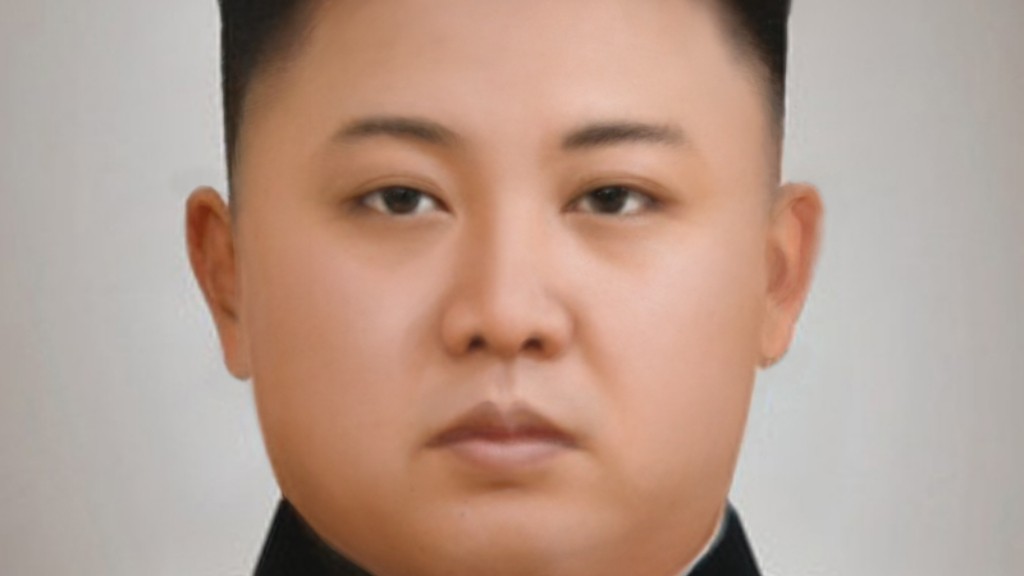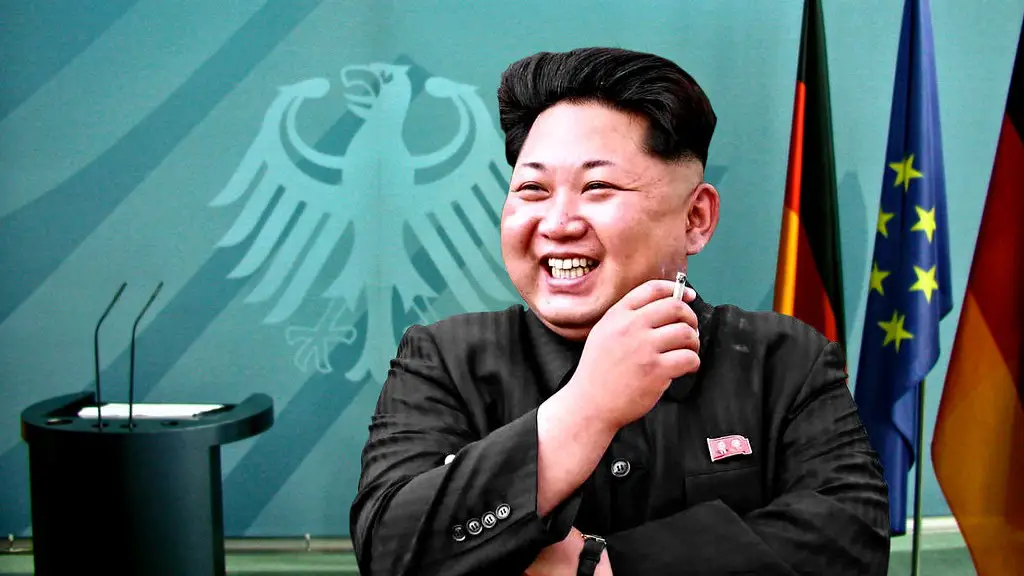In recent years, North Korean leader Kim Jong Un has been accused of a wide range of human rights abuses. There have been reports of forced labor, torture, and executions in the country’s prison camps. Some experts believe that these abuses could amount to crimes against humanity.
If the international community decided to take action, Kim Jong Un could theoretically be charged with crimes against humanity. However, it is unlikely that this would ever happen, as North Korea is not a signatory to the Rome Statute, the treaty that established the International Criminal Court. Even if North Korea were a signatory, the ICC does not have jurisdiction over crimes committed before July 1, 2002.
human rights abuses in North Korea are well-documented, and there is no doubt that Kim Jong Un is responsible for them. However, it is unlikely that he will ever be formally charged with crimes against humanity.
There is no definitive answer to this question as there is no international court with the jurisdiction to bring such charges against Kim Jong Un. However, some experts believe that if such a court were to exist, there is a strong possibility that Kim Jong Un could be charged with crimes against humanity. These experts point to the many human rights violations that have been carried out by the North Korean government under his rule, including the imprisonment and execution of political opponents, the use of forced labor, and the denial of basic liberties such as freedom of expression and freedom of religion.
Does North Korea violate human rights?
The North Korean government regularly subjects prisoners to torture and inhumane treatment, including public and secret executions, forced abortions, and infanticides. These practices are especially common in cases of escape attempts or when prisoners give birth. Children are particularly vulnerable to these atrocities, and many have been killed as a result.
The North Korean government must be held accountable for the human rights abuses its citizens face. North Koreans who are forcibly repatriated are commonly subjected to summary execution, torture, arbitrary detention, forced abortion, and other forms of gender-based violence. The international community must act to hold those responsible for these human rights abuses accountable.
What happens if you commit a crime in North Korea
In North Korea, people are often sent to prison without trial, sometimes for trivial crimes such as listening to a foreign radio, throwing away a paper with a picture of Kim Jong Il on it, or making an offhand remark deemed to have insulted the regime.
The conditions in these prisons are often brutal, and prisoners are subject to starvation, forced labor, beatings, and even execution. Families of prisoners are often left destitute, as they are not even notified of their loved ones’ whereabouts or condition.
Human rights groups have long condemned North Korea’s use of political prisons, and have called on the international community to pressure the regime to end this practice.
Kim Jong Un’s letter about “dangerous poisons” refers to the dangers of young North Koreans adopting foreign speech, hairstyles, and clothes. Under the law, speaking, writing, or singing in South Korean style can be punished with two years of hard labor. This policy is intended to stop the spread of foreign influences in North Korea.
How corrupt is North Korea?
Corruption is a widespread and growing problem in North Korea. The country is ranked 174 out of 180 countries in Transparency International’s 2021 Corruption Perceptions Index, tied with Yemen and Afghanistan. Corruption affects all aspects of North Korean society, from the government to businesses to individuals. It is a major obstacle to economic and social development in the country. North Koreans who are corrupt often do so for personal gain, but corruption also results from the country’s lack of transparency and accountability. The government has taken some steps to combat corruption, but more needs to be done to address this serious problem.
When travelling to North Korea, it is important to be aware of the country’s strict laws about what you can bring into the country. It is illegal to bring in religious, pornographic or political items, and all published material and electronic devices must be declared upon arrival. It is also illegal to knowingly or unknowingly possess items that breach North Korean law. Travellers should exercise caution and be sure to research the laws thoroughly before packing for their trip.
Why are US citizens not allowed in North Korea?
I strongly advise against traveling to North Korea due to the serious risk of arrest and long-term detention of US nationals. Exercise increased caution if you must travel to North Korea, as the threat of wrongful detention is extremely high.
Human rights issues continue to be a problem in many countries around the world. Some of the most significant human rights issues include unlawful or arbitrary killings by the government, forced disappearances by the government, torture and cruel, inhuman, and degrading treatment and punishment by government authorities, harsh and life-threatening prison conditions, including in political prison camps, arbitrary arrests and detentions, and restrictions on freedom of speech, press, assembly, and association.
What is the punishment for three generations in North Korea
It is estimated that as many as 30,000 people have been subjected to the “three generations of punishment” in North Korea. This policy is largely thought to be a way for the regime to ensure compliance and discourage disobedience. Unfortunately, this means that many innocent people are forced to suffer in the prison camps alongside their guilty relatives.
The determination of whether or not to suspend a sentence is made by the court on a case-by-case basis. The court will take into account the severity of the crime, the defendant’s criminal history, and the risk of re-offending. The court may also consider any mitigating factors, such as the age of the defendant or the presence of mental illness.
What crimes are punishable by death in North Korea?
In North Korea, “capital punishment” is the most severe form of punishment and is used for many offences. Some of these offences include grand theft, murder, rape, drug smuggling, treason, espionage, political dissidence, defection, piracy, consumption of media not approved by the government, and proselytizing religious beliefs that contradict practiced Juche ideology. The method of capital punishment is typically hanging.
It is estimated that between 50,000 and 70,000 North Koreans have defected since the end of the Korean War. Due to the strict penalties the North Korean government imposes on those who attempt to leave the country, most defectors do so by crossing the border into China where they are then able to seek asylum in another country.
Does North Korea allow freedom of speech
While the North Korean Constitution protects freedom of speech and freedom of the press, in practice the government only allows speech that supports it and the ruling Workers’ Party of Korea. The press is tightly controlled by the state, and people are only allowed to express themselves in ways that are approved by the government. This means that people are not really free to speak their minds or to express dissent. If they do, they risk being censored or even punished.
As of December 2012, there were at least 60 people in South Korea on death row. The method of execution is hanging. However, there has been an unofficial moratorium on executions since President Kim Dae-jung took office in 1998.
Capital punishment is a legal penalty in South Korea. However, the death penalty has not been carried out since 1997, due to a moratorium placed by President Kim Dae-jung. Hanging is the method of execution, but as of December 2012, there were at least 60 people on death row.
Can Americans go to North Korea?
The U.S. Department of the Treasury’s Office of Foreign Assets Control (OFAC) has issued a new Sudanese Sanctions Regulations update that, among other things, removes travel restrictions to North Korea for Americans. The update – which was published in the Federal Register on Friday – amends the existing Sudanese Sanctions Regulations to implement certain provisions of Executive Order 13466, “Blocking Property of Persons Undermining the Sovereignty of Sudan or Its Democratic Processes and Institutions.”
These six countries are perceived as the least corrupt nations in the world, and they rank consistently high among international financial transparency organizations. Somalia, Syria, and South Sudan are perceived as the most corrupt countries in the world.
Conclusion
Yes, Kim Jong Un could be charged with crimes against humanity. This is because he is the leader of North Korea and is responsible for the widespread human rights abuses that have been documented in the country. If he were to be charged with these crimes, he would likely face a trial at the International Criminal Court.
Based on the evidence that is currently available, it is possible that Kim Jong Un could be charged with crimes against humanity. However, there is not enough evidence to convict him at this time.
